Focus.
In our hyper-connected “always-on” world, we have instant and constant access to an infinite amount of possibilities, opportunities, and distractions. But we have a finite amount of energy, a limited number of hours in the day. If we don’t tune into this reality, we end up using way more effort as we move through life and feel much less satisfied with the results.
When our energy is scattered, it ends up having minimal impact. We need to focus our energy in a sustained way to truly move something forward. There are a few ways to do this:
Focus on one thing
You can do anything but not everything. What is important right now? What is the next concrete step? Sometimes we get overwhelmed when we consider the universe of potential options. There are endless scenarios and what-ifs that we can weigh and consider… what happens then is we waste a lot of time postulating and predicting, rather than simply pushing forward and getting quick feedback from our actions. Simply choose something and act on it. It doesn’t have to be the best decision you make in your life. Nor will it be the last. Just make a decision… that simple act unleashes power.
Turn off notifications
The Washington Post reports that US-based office workers are interrupted on average, every three minutes. This level of mass distraction has a huge cost. According to Gloria Mark, a professor at University of California who studies distraction, it takes an average of 23 minutes and 15 seconds to return to the original task after an interruption. Schedule appointments with yourself for checking email at specific times of day, instead of leaving your inbox open all the time. You can even set your auto-reply message to inform people about your email processing routine. Same thing goes for social media. Remove the mobile apps from your phone, or at least turn off notifications, so that you engage only when you intentionally choose to access those platforms, rather than having an endless stream of notifications pinging and imposing their demands for your intention.
Limit routine decisions
Think of your energy level as starting each day with a full tank, which is slowly depleted over the course of your day. Every decision that you need to make uses up some of your reserve. It stands to reason that the fewer decisions you need to make, the more energy you have remaining for creative pursuits. This is why you see so many successful people choosing to wear the same outfit to work every day. It reduces the number of routine decisions you make every day that deplete your creative resources without adding to your creative output.
Outsource your memory
One of the best pieces of advice if you want to get things done and get things moving in your life, is to get things off your mind. Create lists, define tasks, make use of productivity apps and programs, log things into your calendar, set reminders, and schedule appointments so that you can clear head space for things that matter
Our brains are not adapted for the current reality that we live in, so if we want our efforts to yield benefits, we need to be aware and actively manage this. Back in the old days, focus used to be determined by where you were born, where you live, probably vocation was determined by the family you were born into… proximity, your friends were the kids who grew up down the street from you, where you were likely to live out most of your life. That is no longer the case. You can be whatever you want. And with that freedom, comes responsibility.
We live in a global, mobile, connected world where the information is accessible to anyone with an Internet connection, anywhere, anytime. One of the major tasks we have now is selection, screening, sorting. When it comes to choosing what to do with your limited time, talent, and energy, you can do it by default and take the path of least resistance, which is likely to be littered with detours and distractions. Or you can be focused and intentional about it. It means saying No. Say No because there’s a bigger Yes that you want to focus your energy on.



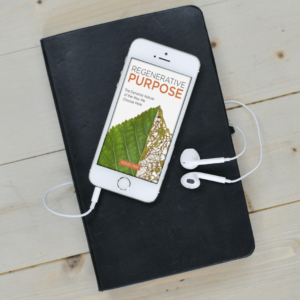

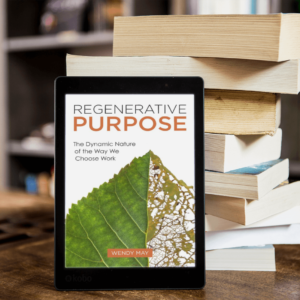

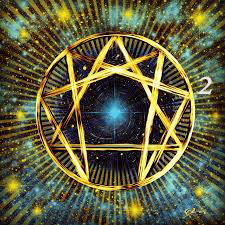
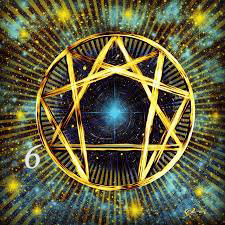
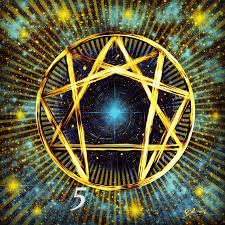
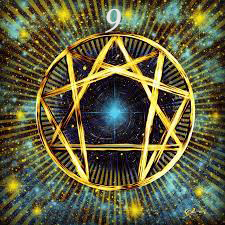
0 Comments